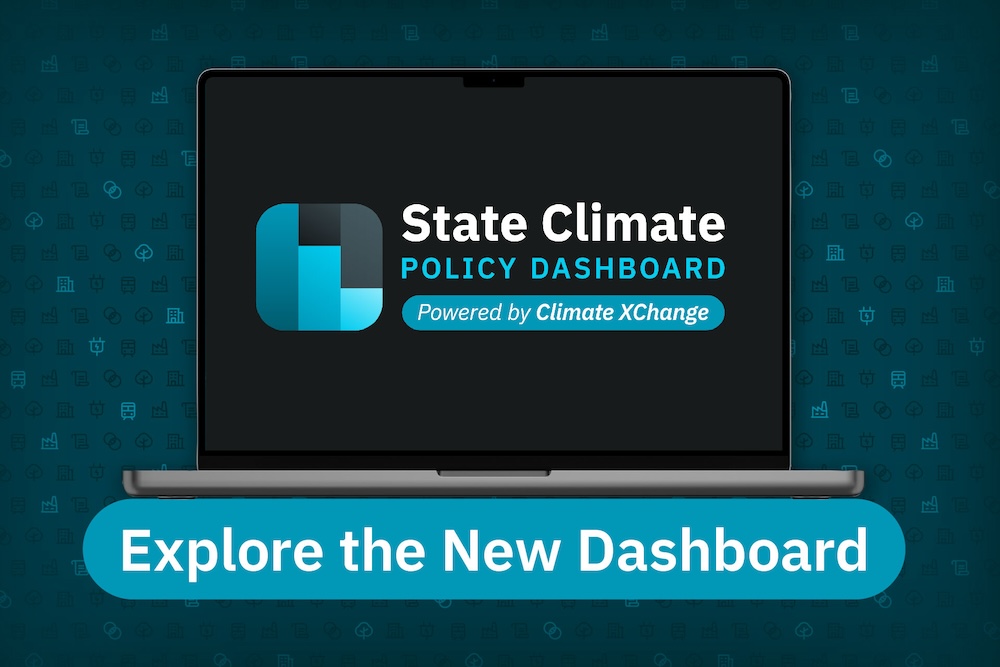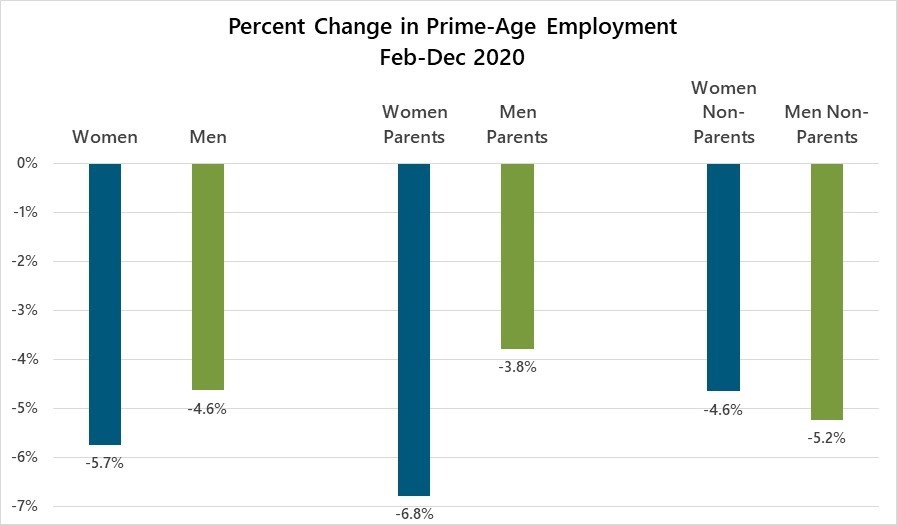Report on Egypt-South Africa Bilateral Cooperation for Sustainable Development
G20 Ministerial Meeting Fosters Strategic Partnership for the Goals (SDG 17)
- During the G20 Development Ministerial Meetings, Egypt and South Africa committed to enhancing their bilateral cooperation, aligning their efforts to achieve the Sustainable Development Goals (SDGs).
- The meeting between Egypt’s Minister of Planning, Rania Al-Mashat, and South Africa’s Minister in the Presidency, Maropene Lydia Ramokgopa, underscored a shared commitment to strengthening partnerships as outlined in SDG 17 (Partnerships for the Goals).
- Egypt affirmed its dedication to coordinating with South Africa’s G20 presidency to advance global development agendas.
Advancing Economic Growth and Infrastructure (SDG 8 & SDG 9)
- The ministers highlighted the strategic importance of the African Continental Free Trade Area (AfCFTA) as a critical mechanism for promoting sustained, inclusive, and sustainable economic growth (SDG 8) and fostering innovation and infrastructure development (SDG 9) across Africa.
- Emphasis was placed on expanding transcontinental infrastructure projects, such as the Cairo–Cape Town Corridor, to build resilient infrastructure, promote inclusive industrialization, and boost regional integration and competitiveness, directly contributing to SDG 9.
Mobilizing Finance for Sustainable Development and Climate Action (SDG 13 & SDG 17)
- Global Financial Architecture: Egypt advocated for the restructuring of the global financial system and enhancing development financing mechanisms, a key target within SDG 17, to better support developing nations in their pursuit of the 2030 Agenda.
- Climate Finance Initiatives: Egypt presented its national “NWFE” program, a platform designed to mobilize climate finance and investments in water, food, and energy projects. This initiative directly supports SDG 13 (Climate Action) and was recognized alongside South Africa’s national climate platform at the Fourth International Conference on Financing for Development.
- Domestic Resource Mobilization: The final G20 ministerial declaration, welcomed by Egypt, stressed the priority of mobilizing domestic resources to close development financing gaps, a crucial component of SDG 17.
Strengthening Institutions and Reducing Inequalities (SDG 1, SDG 10 & SDG 16)
- The G20 ministerial declaration emphasized the need to broaden social protection systems. This measure is fundamental to eradicating poverty (SDG 1) and reducing inequality within and among countries (SDG 10).
- A key outcome was the commitment to combat illicit financial flows, a critical step toward promoting peace, justice, and strong institutions as stipulated by SDG 16.
Acknowledging African Leadership in Development
- South Africa commended Egypt’s leadership role within the African Union Development Agency (AUDA-NEPAD) and its efforts to amplify the continent’s voice in global forums, reinforcing pan-African partnerships for sustainable development.
- Egypt praised South Africa’s G20 leadership for effectively highlighting the unique development challenges facing the African continent, ensuring they remain central to global policy discussions.
1. Which SDGs are addressed or connected to the issues highlighted in the article?
The article highlights several issues and initiatives that directly connect to a range of Sustainable Development Goals. The core themes of international cooperation, economic development, infrastructure, climate action, and institutional strengthening are central to the discussions between Egypt and South Africa. The following SDGs are addressed:
- SDG 1: No Poverty – Addressed through the emphasis on broadening social protection systems.
- SDG 8: Decent Work and Economic Growth – Connected to the promotion of the African Continental Free Trade Area (AfCFTA) to foster economic growth.
- SDG 9: Industry, Innovation and Infrastructure – Directly addressed by the call to expand infrastructure projects, specifically mentioning the Cairo–Cape Town Corridor.
- SDG 13: Climate Action – Highlighted through the mention of national programs for mobilizing climate finance, such as Egypt’s “NWFE” programme.
- SDG 16: Peace, Justice and Strong Institutions – Relevant due to the focus on combating illicit financial flows.
- SDG 17: Partnerships for the Goals – This is a central theme of the entire article, demonstrated by the bilateral cooperation between Egypt and South Africa, their participation in the G20, and the focus on development financing.
2. What specific targets under those SDGs can be identified based on the article’s content?
Based on the specific initiatives and discussions mentioned in the article, the following SDG targets can be identified:
-
SDG 1: No Poverty
- Target 1.3: Implement nationally appropriate social protection systems and measures for all. This is directly supported by the article’s reference to the G20 ministerial declaration, which “emphasised the need to broaden social protection systems.”
-
SDG 8: Decent Work and Economic Growth
- Target 8.a: Increase Aid for Trade support for developing countries. The article’s emphasis on the “strategic importance of the African Continental Free Trade Area (AfCFTA) in fostering economic growth and regional integration” aligns with this target, as the AfCFTA is a key mechanism for boosting trade within the continent.
-
SDG 9: Industry, Innovation and Infrastructure
- Target 9.1: Develop quality, reliable, sustainable and resilient infrastructure, including regional and transborder infrastructure, to support economic development. The article provides a clear example by stating the ministers “stressed the importance of expanding infrastructure projects across the continent, such as the Cairo–Cape Town Corridor.”
-
SDG 13: Climate Action
- Target 13.a: Implement the commitment undertaken by developed-country parties… to a goal of mobilizing jointly $100 billion annually… to address the needs of developing countries. Egypt’s “flagship ‘NWFE’ programme for mobilising climate finance” is a national effort that aligns with the broader goal of this target.
-
SDG 16: Peace, Justice and Strong Institutions
- Target 16.4: By 2030, significantly reduce illicit financial and arms flows. This is explicitly mentioned as part of the G20 ministerial declaration, which emphasized the need to “combat illicit financial flows.”
-
SDG 17: Partnerships for the Goals
- Target 17.1: Strengthen domestic resource mobilisation. The article notes the G20 declaration prioritized “domestic resource mobilisation to close development financing gaps.”
- Target 17.9: Enhance international support for implementing effective and targeted capacity-building in developing countries. The entire meeting between the ministers, where they “pledged to deepen their cooperation on development and align their perspectives,” serves as an example of this target in action.
- Target 17.16: Enhance the global partnership for sustainable development. The cooperation between Egypt and South Africa, and their engagement with the G20, are direct manifestations of this target, aimed at advancing “the restructuring of the global financial system and achieve tangible progress in development financing.”
3. Are there any indicators mentioned or implied in the article that can be used to measure progress towards the identified targets?
The article primarily discusses commitments, programs, and declarations rather than quantitative data. However, it mentions or implies several qualitative and programmatic indicators that can be used to track progress:
- For Target 1.3 (Social Protection): The adoption and expansion of social protection systems mentioned in the “final ministerial declaration from the G20 meetings” serves as a policy-level indicator.
- For Target 8.a (Aid for Trade): The implementation and operational success of the “African Continental Free Trade Area (AfCFTA)” is a key indicator. Progress would be measured by increased intra-African trade volumes and economic integration.
- For Target 9.1 (Infrastructure): The development and completion of “infrastructure projects across the continent, such as the Cairo–Cape Town Corridor” is a direct, tangible indicator of progress.
- For Target 13.a (Climate Finance): The existence and success of Egypt’s “‘NWFE’ programme for mobilising climate finance” is a programmatic indicator. The amount of capital mobilized through this platform would be a quantitative measure.
- For Target 16.4 (Illicit Financial Flows): The implementation of policies and mechanisms to “combat illicit financial flows,” as called for in the G20 declaration, is an indicator of commitment and action.
- For Target 17.1 (Domestic Resource Mobilization): The implementation of policies aimed at “domestic resource mobilisation to close development financing gaps” is an indicator.
- For Target 17.16 (Partnerships): The continued “cooperation on development” between Egypt and South Africa and their active participation as guest nations in forums like the G20 are themselves indicators of a functioning global partnership.
4. Create a table with three columns titled ‘SDGs, Targets and Indicators” to present the findings from analyzing the article. In this table, list the Sustainable Development Goals (SDGs), their corresponding targets, and the specific indicators identified in the article.
| SDGs | Targets | Indicators |
|---|---|---|
| SDG 1: No Poverty | 1.3: Implement nationally appropriate social protection systems and measures for all. | The G20 ministerial declaration’s emphasis on the “need to broaden social protection systems.” |
| SDG 8: Decent Work and Economic Growth | 8.a: Increase Aid for Trade support for developing countries. | Cooperation to support the implementation of the “African Continental Free Trade Area (AfCFTA) in fostering economic growth.” |
| SDG 9: Industry, Innovation and Infrastructure | 9.1: Develop quality, reliable, sustainable and resilient infrastructure, including regional and transborder infrastructure. | The call for expanding “infrastructure projects across the continent, such as the Cairo–Cape Town Corridor.” |
| SDG 13: Climate Action | 13.a: Implement the commitment… to a goal of mobilizing jointly $100 billion annually… for developing countries. | Egypt’s “flagship ‘NWFE’ programme for mobilising climate finance.” |
| SDG 16: Peace, Justice and Strong Institutions | 16.4: Significantly reduce illicit financial and arms flows. | The G20 declaration’s emphasis on the need to “combat illicit financial flows.” |
| SDG 17: Partnerships for the Goals | 17.1: Strengthen domestic resource mobilisation. | The G20 declaration’s prioritization of “domestic resource mobilisation to close development financing gaps.” |
| 17.9: Enhance international support for implementing effective and targeted capacity-building. | Egypt and South Africa’s pledge to “deepen their cooperation on development.” | |
| 17.16: Enhance the global partnership for sustainable development. | Egypt’s participation as a guest nation in the G20 meetings and coordination with South Africa to advance the “restructuring of the global financial system.” |
Source: dailynewsegypt.com







